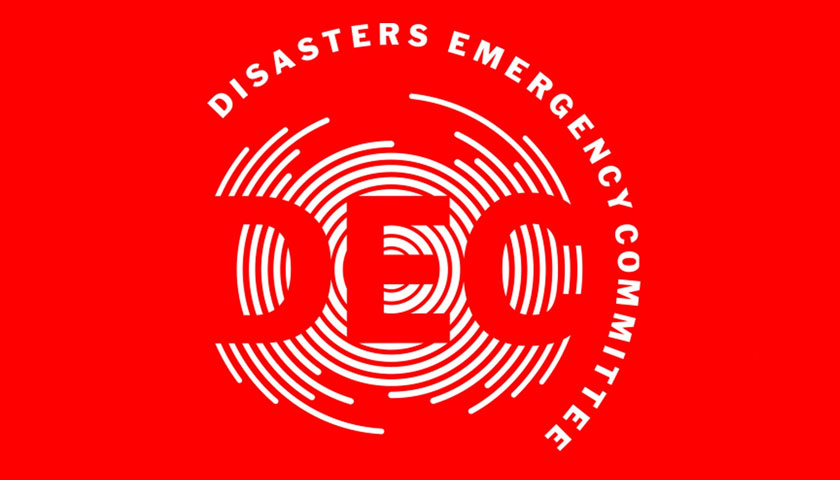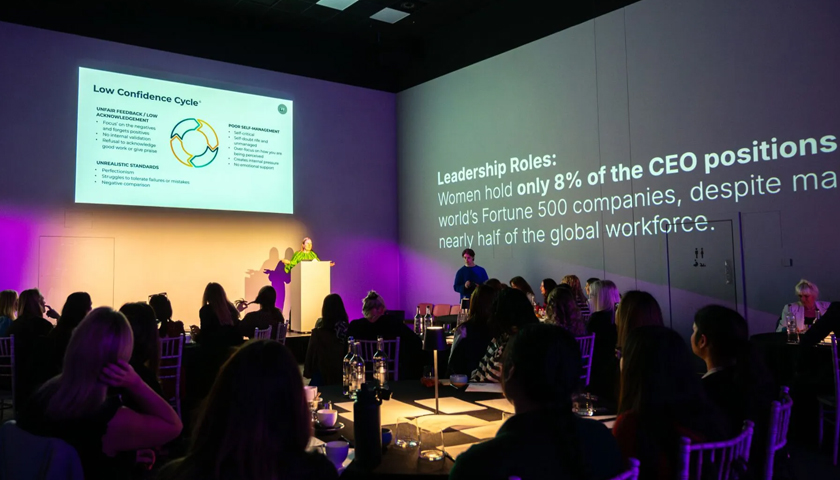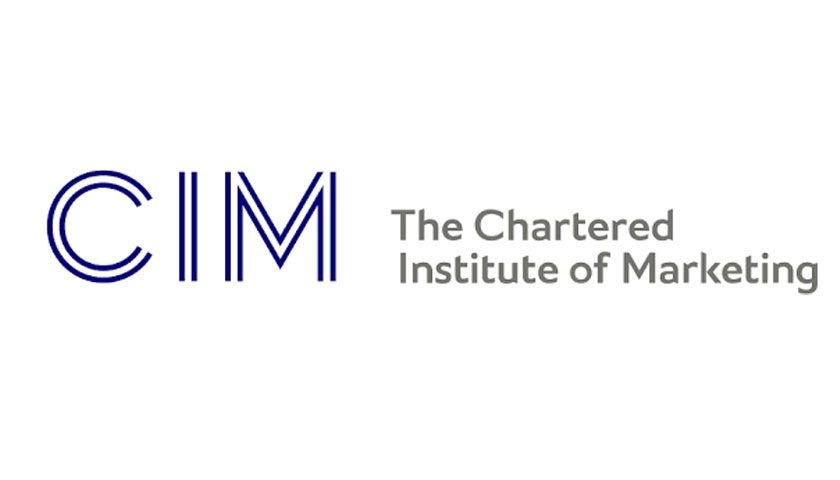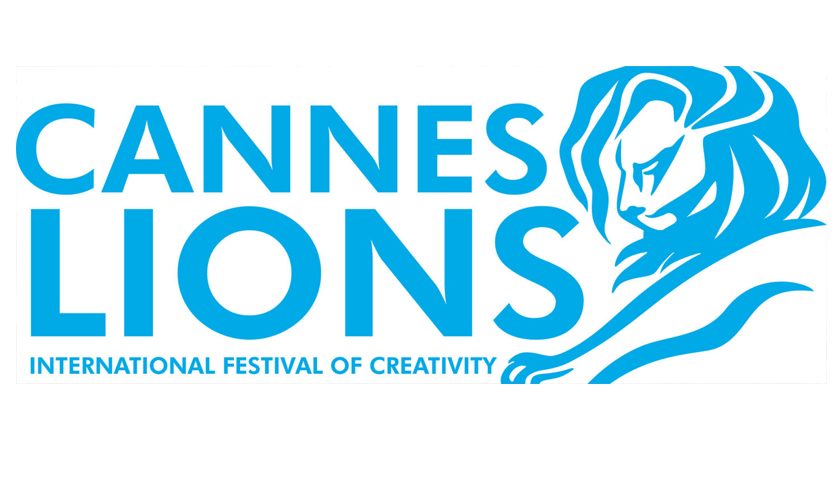Guinness World Records and the Disasters Emergency Committee (DEC) has announced a new Guinness World Records title has been set for the most money raised by an online campaign in one week. Following the incredibly generous support from the British public a staggering £61,997,547 was donated online to the DEC Ukraine Humanitarian appeal between 3-10 March 2022.
This is the second time the DEC has achieved a Guinness World Records title. In 2004, following the Boxing Day Tsunami (Indian Ocean Tsunami), the DEC was awarded a record for the most money ever donated online via a website, when the British public donated £10,676,836 in just 24 hours.
Simon Beresford, Director of Fundraising and Marketing for the DEC said: “At the DEC we have been overwhelmed by the incredible generosity and outpouring of support from the UK public to the people of Ukraine. It has been heart-warming to see the inspiring fundraising efforts which are ongoing, with donations flooding in from individuals, companies, schools and arts organisations across the UK.
“We are of course proud and delighted to have taken a part in setting a new world record. However, most importantly what this means is that with the help of the generous UK public DEC charities and their local partners can scale up to respond to help the people of Ukraine. They are working to meet both the immediate and long term needs of people affected for the months and years to come.”
Since the conflict started around a quarter of Ukraine’s population have fled their homes leaving behind jobs, belongings and loved ones, and are desperately in need of shelter, food and water. At least 5.3 million people have fled the country since the conflict began, and another 7.7 million have had to leave their homes to escape the fighting.
The DEC’s Ukraine Humanitarian Appeal was launched on 3 March 2022 and in total has now raised over £300 million to help families affected by the crisis over the weeks, months and years ahead. Right now, DEC charities and their local partners are in Ukraine and across the border in the neighbouring countries working to meet the immediate needs of all people fleeing with food, water, shelter, medical assistance, protection and trauma care.
Summary of planned spending from DEC charities in first six months
Many DEC member charities started spending funds immediately and funds from the appeal will be spent over a period of three years to meet the ongoing needs of people affected by the conflict. Plans for the first phase have now been finalised with £74.5 million being spent until the end of August; 55% is planned to be spent inside Ukraine with the remainder being spent in Romania, Poland, Moldova and Hungary.
Below is a summary of planned expenditure in the first 6 months, although these plans may be adjusted to meet changing needs on the ground.
Health: 28% will be spent on provision of primary healthcare services, providing items like trauma kits and first aid kits, as well as supporting healthcare facilities with oxygen compressors and vital pharmaceutical products.
Cash: 23% will support affected populations needs (internally displaced people, refugees, as well as members of the host communities) through multi-purpose cash delivered using a variety of approaches: pre-paid cards, digital transfers etc to meet vital basic needs
Food: 16% will be spent by members and their local partners to deliver food provisions (sugar, salt, oatmeal, canned sardines, white rice, and black tea), hot meals or using cash transfers like supermarket vouchers.
Water, sanitation & hygiene: 11% will be spent on safe drinking water, hygiene information and hygiene kits.
Protection: 11% will be spent on psychosocial support for women, children, older people and people with disabilities, stress management training sessions.
Shelter: 2% will be spent on bed linen, blankets, towels, kitchen sets, jerry cans, buckets for displaced people and host communities.
Examples of DEC-funded projects:
Inside Ukraine
CAFOD is working with a local partner to deliver food to vulnerable people including through soup kitchens, supplying daily meals, weekly food baskets and preparing hot food to support the vulnerable, elderly and families living in the metro and bomb shelters.
The British Red Cross will be using DEC funds, working through ICRC, to provide primary health care services including war wounded kits, surgical team training for the wounded, supplying medicine and materials for authorities to assist caring for wounded civilians and internally displaced persons (IDPs), first aid training and psychological support sessions in shelters. They also plan to distribute key relief items including sleeping mats, hygiene materials, temporary shelter through tarpaulins for urgent repairs to homes, provision of bottled water and food assistance.
Age International, through local partner HelpAge, will provide food assistance in the form of food kits, (including buckwheat grain, pasta, beans, canned meat, sunflower oil, sugar, salt, oatmeal, canned sardines, rice and black tea), hygiene and sanitation kits and cash transfers.
Save the Children is providing mobile health units, trauma kits, pharmaceuticals, medical equipment, nutrition support and safe drinking water.
Concern Worldwide is supporting households with cash in three monthly installments and providing local self-help groups and civil society groups with cash to support conflict-afflicted communities.
In neighbouring countries
In Hungary – Christian Aid, through local partners, is providing shelter, safe spaces for refugees to receive trauma care, information on rights, food and multi-purpose cash.
In Moldova – CARE International will be training volunteers on psychological first aid, working to prevent and respond to cases of gender-based violence and trafficking at border crossing points with awareness raising, information campaigns, hot lines and including the mobile “blue dot” services, and providing cash for refugees and host families to help them meet their basic needs. Action Against Hunger is distributing food for refugees and host communities and providing nutrition support in refugee centres and border crossings.
In Poland – ActionAid, through local partners, will provide cash support to help refugees meet their basic needs and at assistance points will provide food, water and hygiene items. They will also target women and girls who may be at risk of gender-based violence and trafficking by providing protection services. International Rescue Committee is supporting refugees with cash so that families can safely meet their immediate basic needs. Oxfam plan to support reception centres with showers, handwashing and sanitation facilities for refugees, gender-based violence and psycho-social support services, safe spaces and legal assistance.
In Romania – World Vision, directly and through international and local partners and faith leaders, will provide refugees in camps with food, hygiene and dignity kits, shelter and temporary sanitation. Plan International plan to establish a network of ‘Blue Dot’ hubs at border sites and transit routes to provide protection for children and families, will help establish protection referrals, gender-based violence and child protection information and outreach, dignity kits and other essential items.



